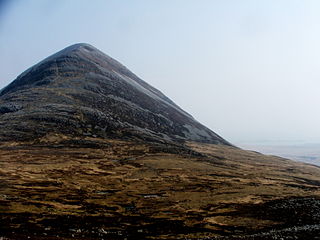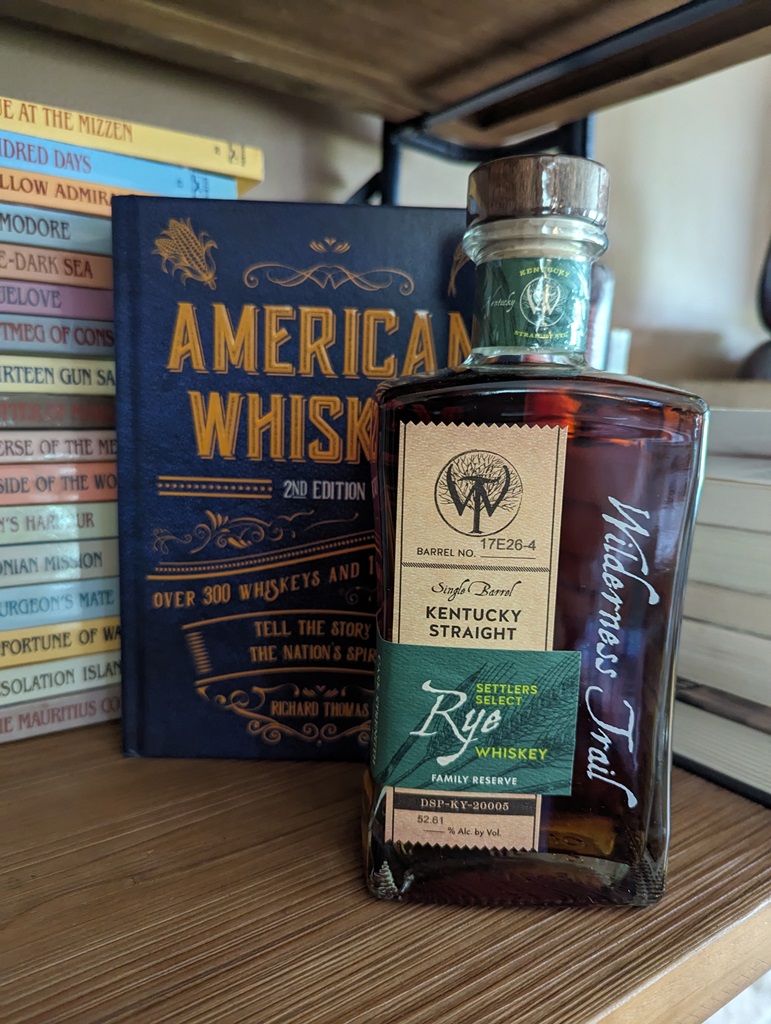Q&A with Willie Cochrane, Isle of Jura’s Master Distiller
By Richard Thomas

(Credit: Isle of Jura)
I was recently able to catch up with Willie Cochrane, the Master Distiller at Isle of Jura, for a brief Q&A session. The Jura distillery opened in 1810, eventually falling into obscurity and disrepair until a pair of local estate owners, Robin Fletcher and Tony Riley-Smith, bought it in 1960s.
In modern times, the distillery produces a line of noted single malts. Isle of Jura is owned by the Indian conglomerate United Brewing, the same company that owns Kingfisher beer, Dalmore, and Whyte & Mackay. The West Scottish island itself was described by former resident George Orwell as “extremely unget-at-able,” and is the sort of place where the deer vastly outnumber the people.
RT: Jura is part of the Islands, a Scotch region featuring distilleries like Highland Park and Talisker, and most noted for its variety and lack of a specific flavor style. How does the Isle of Jura line fit into the region’s varied approaches?
WC: We’re proud to have a very varied flavor profile and we release our malts to ensure that we have a style to suit everyone, from light and delicate Origin; to the rich and full bodied Diurach’s Own 16 and then Superstition and Prophecy which are lightly and heavily peated respectively.

(Credit: Isle of Jura)
RT: George Orwell wrote his landmark “1984” while living on a small cottage on Jura. He was known as something of a pub-lover, so which of your single malts do you think he might have chosen to serve as his favorite tipple?
WC: Orwell spent a fair amount of time on the island so I would like to think that he enjoyed a Jura whisky whilst he was there! Many years ago we brought out a limited edition 1984 release in his honour so perhaps he would have liked a dram or two of that release.
RT: The Macallan caused quite a stir with its shift to no aging statement (NAS) whisky last year. The Isle of Jura seems to straddle the divide, with your standard bottlings including two aging statement single malts (the 10 and 16 Year Olds) and two NAS single malts (Superstition and Prophecy). What does Isle of Jura think about the NAS controversy? Is an aging statement a necessary, accurate and compelling guide to quality?
WC: Producing NAS releases gives distillers the chance to be much more creative with their whisky which in turn is a great thing for consumers as there is now much more variety out there. Not relying on age means that distillers can experiment with new more and different cask finishes, which opens up a whole new taste profile and experience for drinkers.
RT: As your literature says, Jura is a somewhat isolated, little place with only “one road, one hotel, and one distillery.” Yet the distillery is open to visitors and has a 40-minute tour. Do you get many takers?
WC: Absolutely. Jura is a destination for whisky lovers and although it is a little tricky to get to there, its definitely worthwhile making the pilgrimage. We have thousands of visitors every year, many of those are returning guests, as once you visit you always want to come back as its such a beautiful island and of course it has great whisky!

(Credit: Wikimedia Commons)
RT: Isle of Jura is a distinctive brand partly due to its mystical overtones. Your labels are packed with symbols like the ankh, and bear names like “Prophecy.” What was the inspiration to base the brand around a magical theme?
WC: The islanders, who are called Diurachs, like to tell stories of the island’s history and one such story centres around the seer (or witch) who was believed to have predicted that the last remaining member of Campbell family would leave the island with one eye and on a horse and cart. This prophecy is said to have come true, which is why every bottle of prophecy has the ‘all seeing eye’ on its bottle. The islanders are also a very superstitious bunch, believing amongst other things that it unlucky to cut peat before May, hence why we also have a Superstition release.
RT: Part of having a varied line is coming up with a variety of distinct flavor profiles, and none of your single malts could be described as variations on one theme. Where Origin is warm and sweet, Prophecy is salty and intensely peaty. As a distiller, how do you conceive of and craft such variety?
WC: Producing whisky isn’t an instantaneous thing. It takes years of planning and whilst I may decide now to create a new finish, it could be over a year before the already aged whisky has had sufficient time in the new cask to really get a good flavor. Having worked in the distillery for over 36 years, you get a feel for how the whisky matures in different casks, the length of time it needs to stay in each individual casks and the flavors a particular cask or length of time in a cask will give to the whisky. It is this skill and knowledge that helps me and my team develop our new expressions.


Sorry to break it to you but George Orwell and his sister were rum drinkers.
Whenever the subject of Orwell’s preferred tipple has come up, that biographer has pointed to beer. He felt passionately enough about it to express disdain for drinking lager and have strong opinions on what glassware to pair with what type of beer. Also, Mr. Cochrane was speaking to whether Orwell may have tried their whisky while there, not an expert’s opinion on what his favorites might have been.
So whatever.